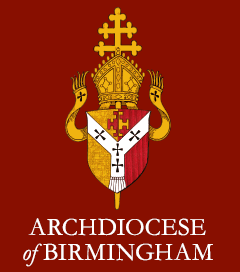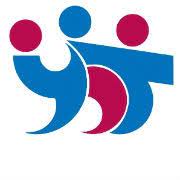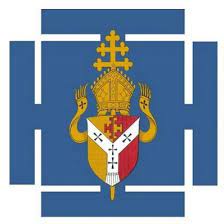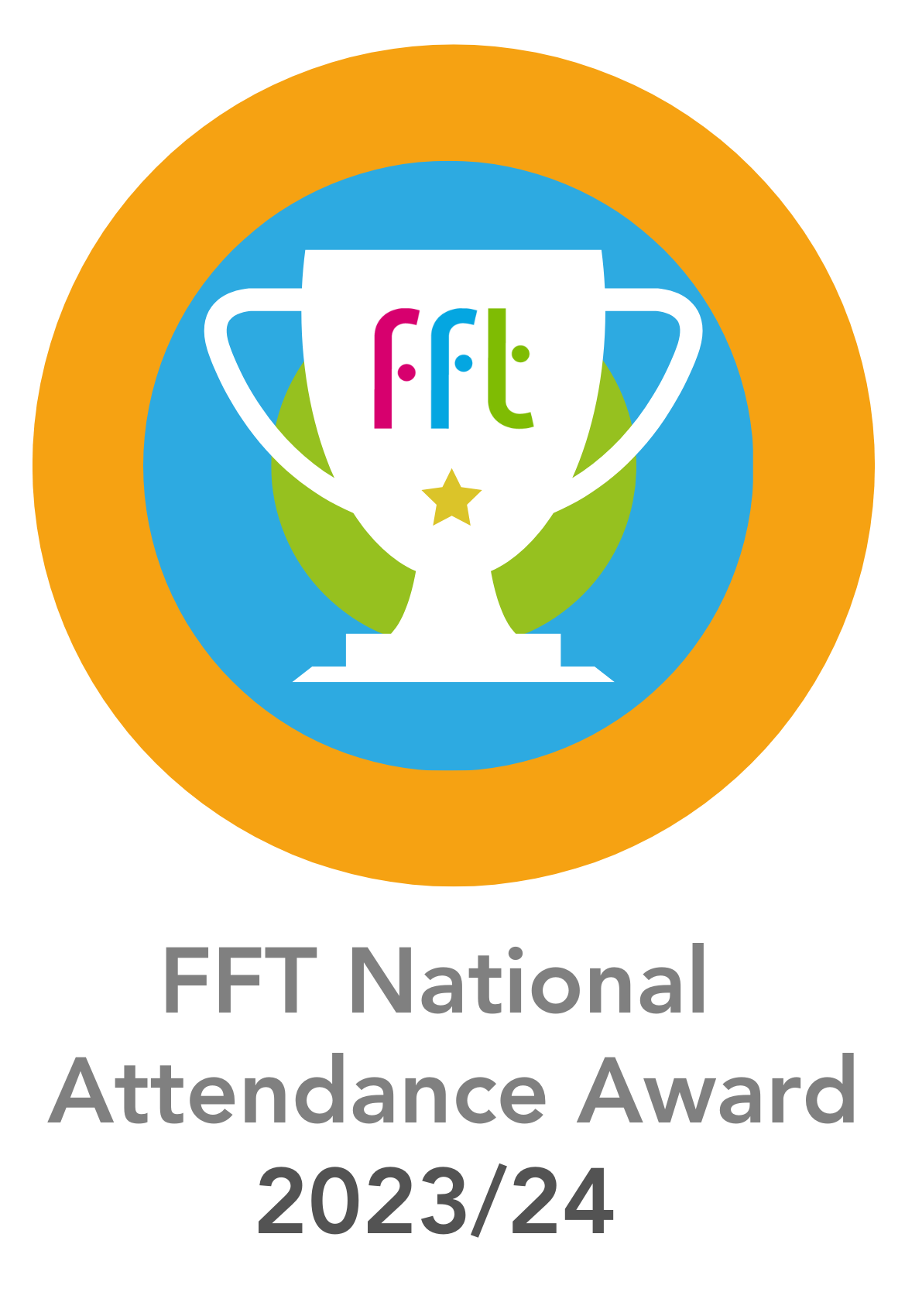Modern Foreign Languages (MFL)
KEY STAGE 3
All pupils learn French in Year 7 and are taught in mixed ability groups.
In Year 8, all students continue with French, with a smaller number selected to take Spanish as an additional language.
In Year 9, students continue with the language or languages they studied in Yr 8. Different arrangements are in place for pupils who speak Polish as a home language and choose to pick this up in school in Year 9.
KEY STAGE 4
Those who opt to study modern foreign languages at GCSE level may continue with either or both of the languages studied in Year 9. For most pupils this will be French and/ or Spanish. For those pupils who speak Polish at home and chose Polish in year 9 this will be Polish and/ or Spanish. At present we follow the AQA Syllabus in all three languages. It is a linear course assessed by an end of course exam at the end of Year 11, with no coursework.
The MFL Department has established a link with a school in Alsace and our older pupils correspond with their French counterparts. There is an annual study visit to France. We are hoping to establish links with a school in Spain in the near future.
KEY STAGE 5
At A Level, students follow the Edexcel course in French and Spanish and the AQA course in Polish. An A Level in MFL is highly regarded by universities and should be considered by students to help them in their search for a university place.
The aims of the A level course are to encourage students to:
- Develop understanding of the spoken and written forms of the language using a variety of stimuli, such as magazines, newspapers, television and literature.
- Communicate confidently, clearly and imaginatively in the foreign language in both speaking and writing while using accurate and complex language.
- Increase awareness of the process of language learning.
- Develop critical insights and contact with contemporary society in the target language country.
- Develop critical thinking, creativity, independence and skills of analysis.
- Develop skills to be able to learn other languages.
Polish GCSE
Syllabus: AQA. Assessment: 100% Exam
The course is designed for students who have studied Polish or have had basic knowledge about the Polish language and Polish culture but would like to start learning it in a more structured way to develop understanding of the spoken and written forms of Polish, including acquaintance with grammar and social and cultural aspects.
The aim of this course is to familiarise learners with the more sophisticated vocabulary as well as complicated grammatical structures and enable them to participate in conversation in Polish and produce written work of a high standard. During the sessions students will be familiarised with a broad range of terminology in Polish and the English equivalent and this knowledge will also aid their achievements in other subjects.
This qualification will recognise that the student is fluent in both Polish and English and is able to easily translate between the two languages. This could provide the foundation for careers in interpreting, language teaching, travel and tourism and in some areas of the business sector.
Teaching methods include a variety of activities; grammar and vocabulary exercises, roleplaying, games, listening, etc. to suit every language learner.
Polish GCSE Full Course consists of 4 components: Listening, Speaking, Reading and Writing.
Throughout the course, students develop speaking and listening skills (Units 1 & 2) in the context of selected topics. The stimuli are in Polish and students will be expected to respond in English.
Unit 3 puts great emphasis on reading. The texts require performing various tasks (completing, ordering, answering questions, transforming, etc.) which adds to variety and enhances students’ involvement.
Unit 4, related to writing, encourages learners to express opinions. Working on a written text, students have more time and are able to correct their own mistakes. Students are allowed to use a bilingual dictionary.
Short Courses are also available for students who are not confident in all four language areas so they can choose Short Course in Spoken Language or Short Course in Written Language. Short course is an equivalent to half a GCSE.





